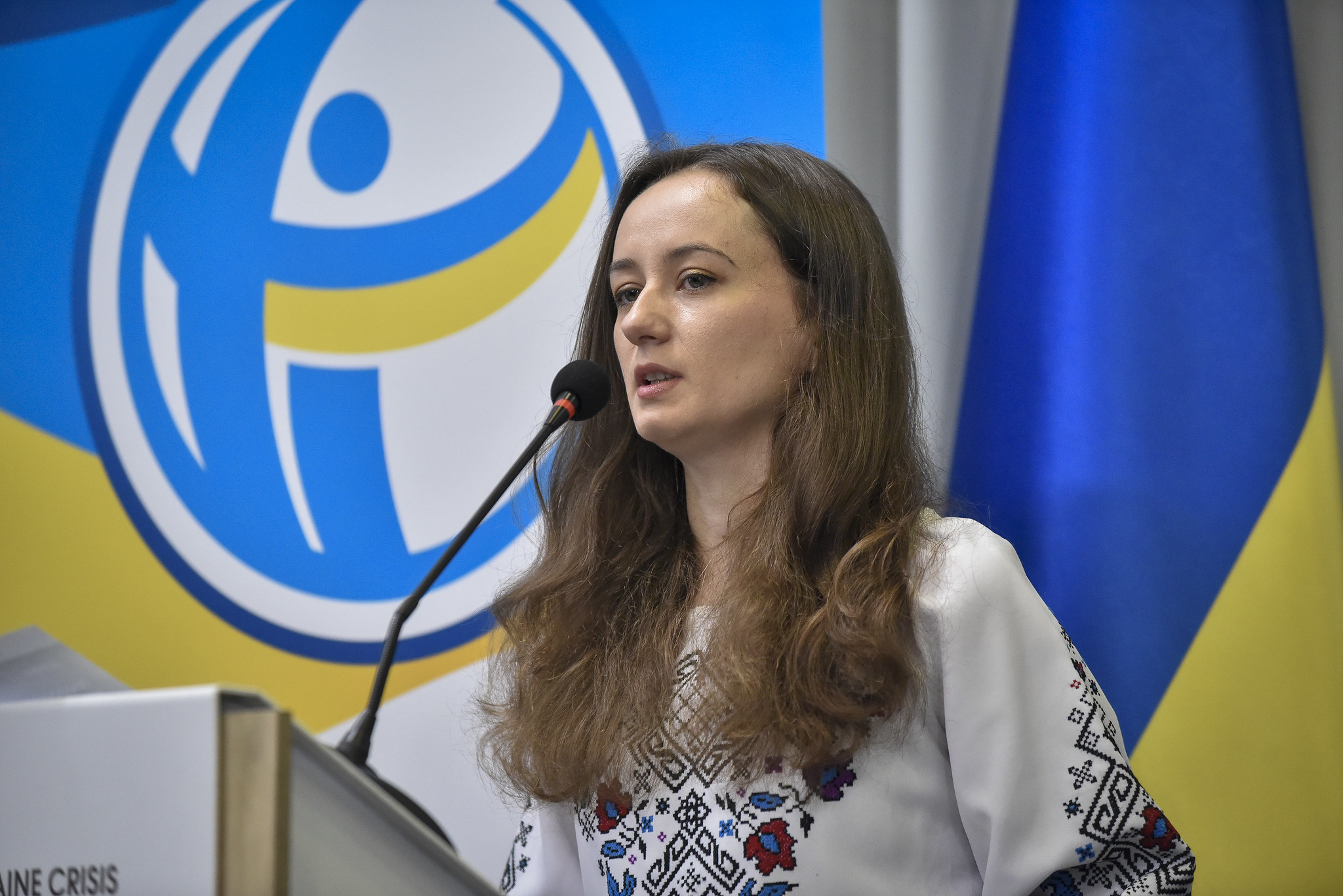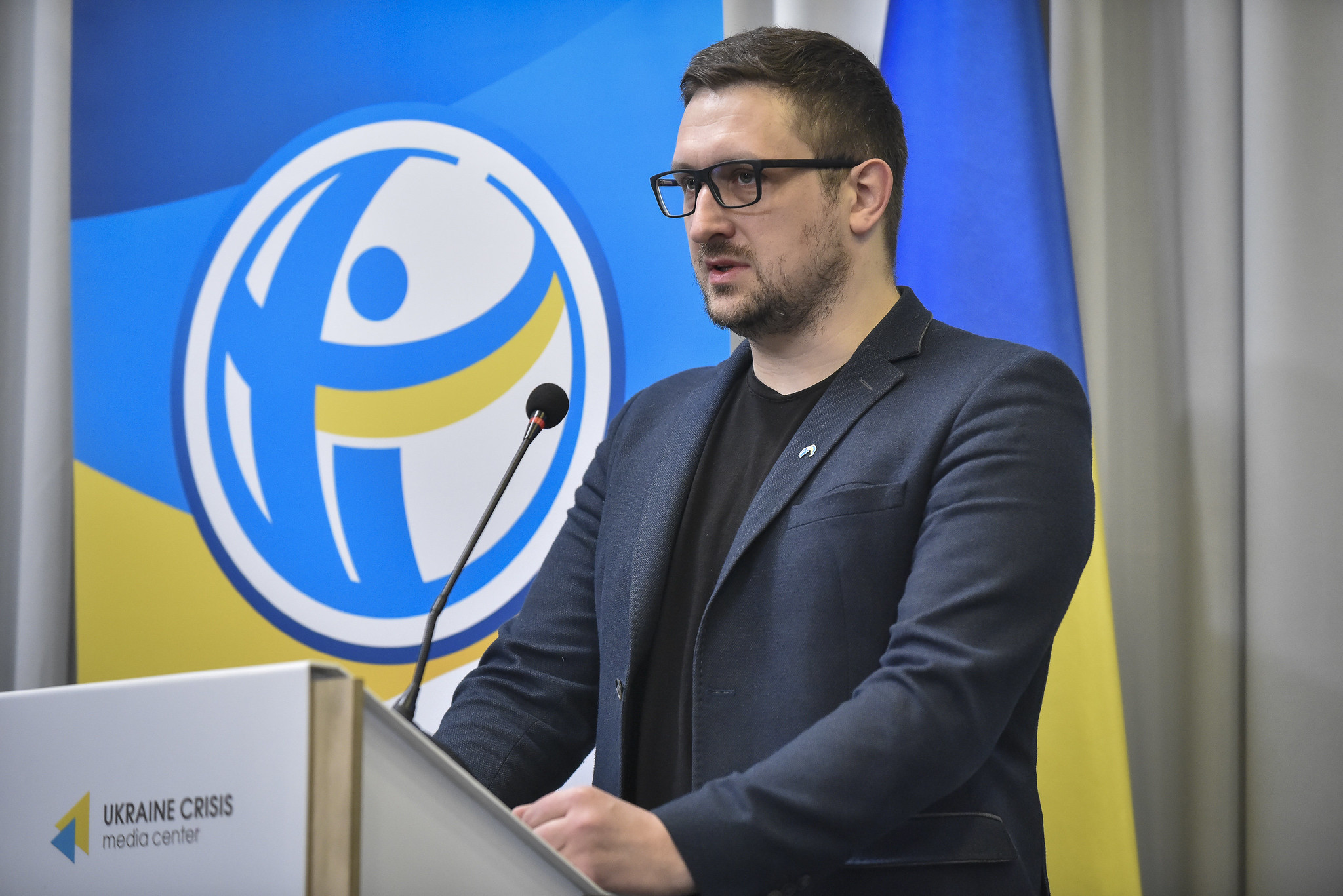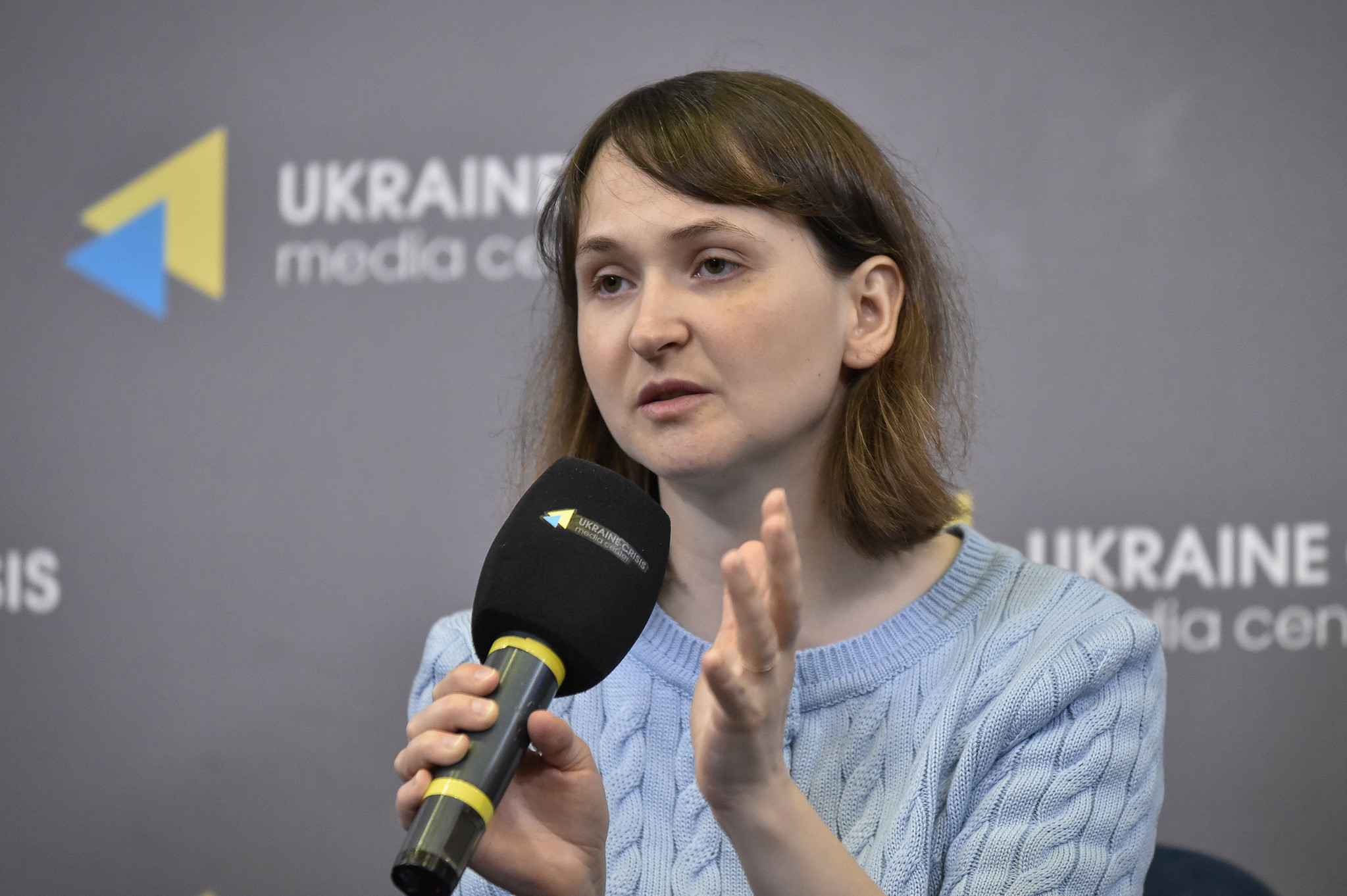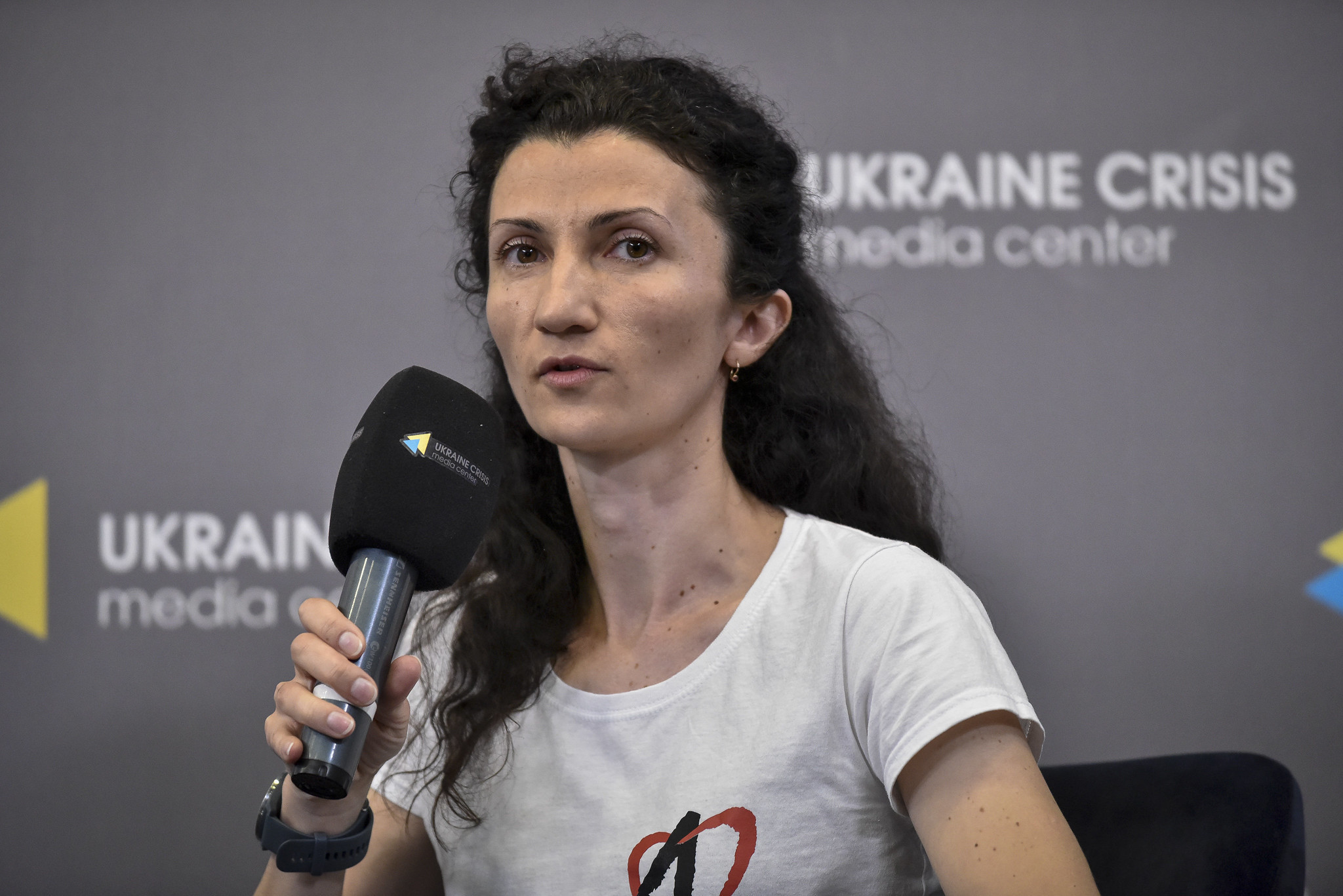On April 17, the Transparent Cities program of Transparency International Ukraine presented the results of the second study of city transparency during the full-scale war: Transparency under Air Strikes: Is There Progress?
In 2023, five cities were awarded the status of transparent: Dnipro, Drohobych, Lviv, Mukachevo, and Ternopil. 23 cities were partially transparent; the remaining 52 were recognized as non-transparent.
Even in difficult war conditions, cities have managed to make some progress. Among the 70 city councils that participated in the 2022 and 2023 studies, 30 have improved their transparency levels by 5% or more. There were cities that regressed by 10-15%.
“We see moderate optimism and progress. However, there are many issues and challenges surrounding us, but we believe that transparency is crucial, despite the war and all the circumstances in which we now live. It is the citizens who must improve the lives and conditions for the functioning of the city, so it depends on each of us,” said Anastasiya Mazurok, Deputy Executive Director for Operations at Transparency International Ukraine.

The overall level of transparency of 80 municipalities in 2023 shows a slight increase and reaches 42.3%, while in 2022 with the 70 cities then studied, it amounted to 37.5%. However, most of the city councils, 65%, are still non-transparent.
“Before the full-scale invasion, the cities were showing excellent results. By 2021, there was an improvement of over 60%. Since the beginning of the full-scale invasion, the situation has changed drastically, but the demand for transparency remains both from citizens and local authorities,” said Andrii Borovyk, Executive Director of TI Ukraine. He also added that international partners expected us to restore the level of pre-war transparency.

The presentation of the results was followed by a discussion with representatives of civil society, local and executive authorities. Read on to find out the important thoughts and main statements that were voiced at the event.
“Our team is convinced that recovery in the broadest sense is impossible without observing the basic principles of transparency and accountability,” said Oleksandra Azarkhina, Deputy Minister of Communities, Territories and Infrastructure Development of Ukraine.
This opinion was supported by other participants in the discussion: transparency is also necessary for quality and effective governance. The war should not be an excuse to stop working on its improvement.
“Indeed, some communities find themselves in difficult times, but in fact, quality governance is impossible without transparency. In wartime, there should be twice or three times as much quality in the governance, and without transparency, this is impossible. Without quality governance, there is no victory for us, so if someone tells you that they cannot do this because of certain circumstances, then something is wrong here,” stated Andrii Sadovyi, mayor of Lviv.
In particular, Andrii Sadovyi stressed that, in cooperation with international partners and cities from other countries, it was important to share information about the transparent use of resources and assistance received.
Okhtyrka mayor Pavlo Kuzmenko also noted the importance of transparency for local governance and shared the problems that cities close to the front line had to overcome. He would like the city council to be transparent and open to the public in its activities, to be able to engage citizens in all processes taking place in the community, and to provide full information about its activities, but the war made certain changes. For security reasons, since February 24, 2022, meetings of city authorities have been recorded and streamed with a delay in time. In particular, according to the mayor, it has become dangerous for the city to publish information related to the recovery, defense, medical assistance to the military, the restoration of critical infrastructure. All these issues are discussed at each meeting of the city council and the executive committee.
“Today, Okhtyrka and all frontline cities need to keep the balance. The balance between what can be said and what cannot be said. Between what needs to be said and what is required of us,” Pavlo Kuzmenko stressed.
Oleksandra Azarkhina also agreed with the need to balance security and transparency. She voiced the Ministry's approach to data openness, according to which information about critical infrastructure, the destruction of which is of particular interest to the enemy, should not be public. The register of damaged and destroyed property, which includes information about the locations of attacks and contains personal data, should also, according to her, be closed. However, everything related to recovery should be in the public domain. This will increase public confidence and promote the advocacy of Ukraine's interests in the world.
“I truly believe that the issue of transparency and accountability is as much a part of the national security vision as many other elements. Because we all understand that this is a matter of military assistance, macro-financial assistance, and public confidence in all of us, in our work. Without being transparent and accountable, it will be much more difficult for us,” concluded the Deputy Minister of Communities, Territories and Infrastructure Development of Ukraine.

Myroslava Prymak, an analyst of the 4 Vlada portal (an agency of journalistic investigations that works on the development of a just society without corruption), also noted that residents of cities lost faith in local self-government bodies and, in her opinion, the most successful and easiest way to increase confidence in the authorities was to publish open data.

So, cities need to find a middle ground between security risks and the importance of being open to society.
Without transparency, recovery and effective governance are impossible. They are of paramount importance in conditions of war because the public's trust in the authorities and the confidence of international partners who provide assistance to our country depend on them.
The project is implemented by the European Union Anti-Corruption Initiative (EUACI), a leading EU-funded anti-corruption program in Ukraine, co-financed and implemented by the Danish Ministry of Foreign Affairs. The opinions and views expressed by experts or organizations in this study do not necessarily reflect the position of the EUACI, the European Union, or the Danish Ministry of Foreign Affairs.